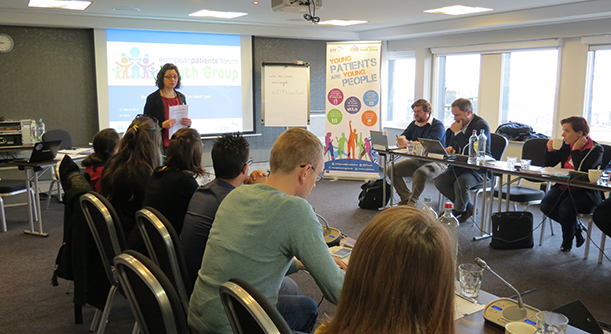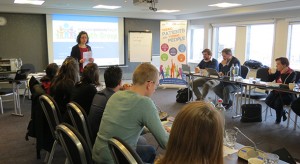Every month we put the spotlight on one of our members. Today, we are delighted to catch up with Dystonia Europe , which recently joined EPF.
- What’s on top of your agenda?
By Connecting People for Dystonia accross Europe we aim to:
- raise awareness
- spread information
- promote education & research
- support lobbying & advocacy
- add value to the work of the national associations
We focus our work on three different projects which give the opportunity to connect face-to-face or digitally with members and everybody with an interest in dystonia: The D(ystonia)-DAYS – our annual 3-day-conference; Jump for Dystonia – our dystonia awareness campaign; MyDystonia – a digital diary for dystonia patients.
- Why does your organisation exist?
Dystonia is a neurological movement disorder causing continuous muscle spasms which force affected parts of the body into abnormal postures or lead to twisting and repetitive movements. About half a million Europeans are affected. No cure is available and treatment is limited to minimising the symptoms. As the umbrella organisation for 18 national dystonia patient associations from 21 European countries, Dystonia Europe’s vision is better quality of life for dystonia patients and ultimately a cure.
- What is your biggest achievement as an organisation?
The last four years we were the grant holder of a COST-funded project: The European Network for the Study of Dystonia Syndromes, bringing researchers and clinicians within the field of dystonia closer together. The main successes were:
- Three Dystonia Training Schools – 3-day events, with grants to participants to support the cost of attending.
- Short Term Scientific Missions (STSMs) – 40 grants were awarded to young scientists, to allow them to study for short periods with dystonia experts in other countries.
- The formation of an online registry of clinical and genetic data.
- What is for you the key benefit of your organisation’s involvement in EPF?
Being involved in EPF is in line with our mission ’Connecting People for dystonia’. We hope we can contribute to the work of EPF with our experiences within the field of movement disorders and we believe our members can benefit and learn from EPF’s large network.
- What’s the main misconception about your disease area?
Dystonia is a little known brain disorder, not only to the public but also amongst the medical professionals. Raising awareness can help combat the stigma and isolation felt by people with Dystonia, it can also be the key to earlier diagnosis and treatment.
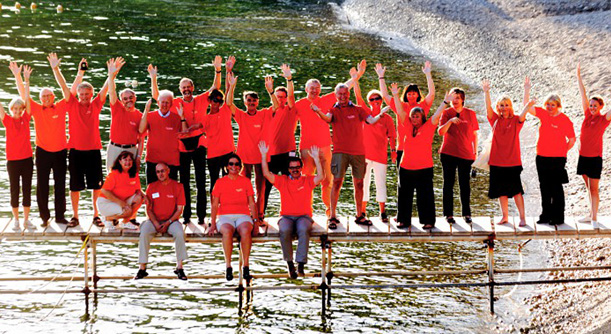
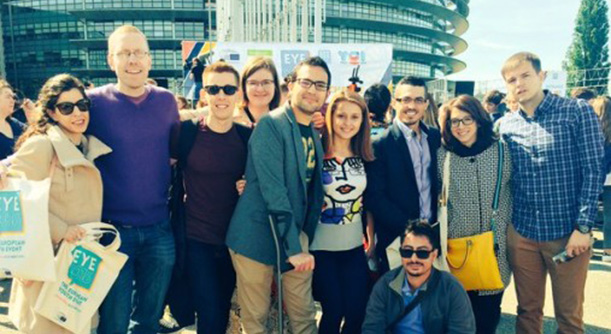
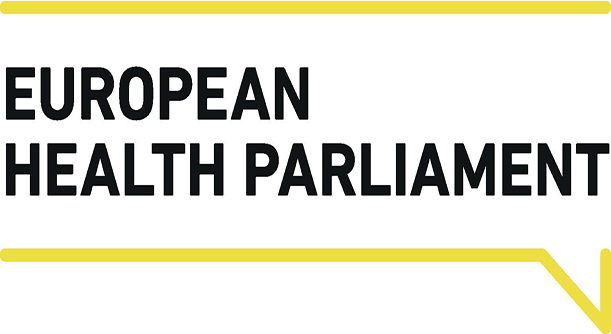
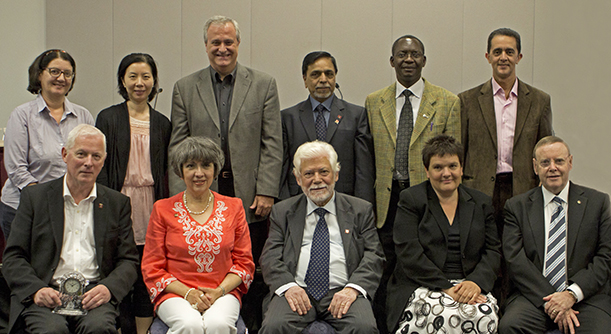
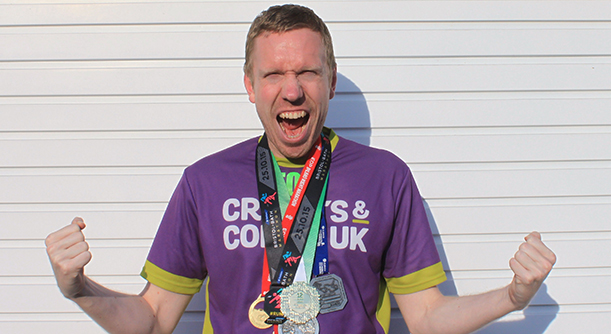
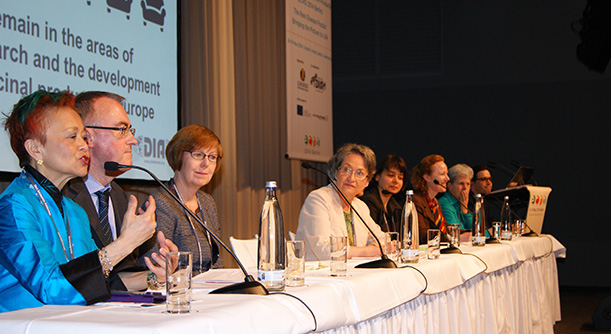
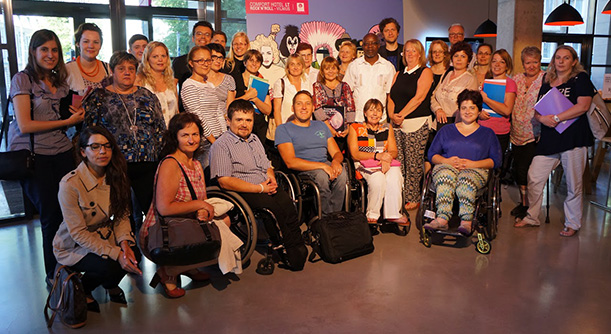
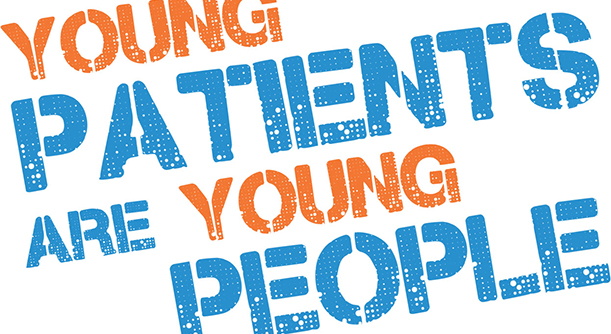
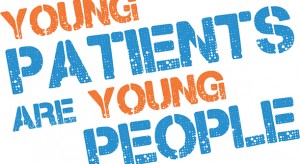 On 19th and 20th March, the EPF Youth Group gathered in Brussels for its two-day Spring Meeting to discuss key issues, such as capacity development, preparatory work for the Roundtable on Transition to Adult Care and for the Youth Group’s participation at the European Youth Event in May 2016 (#EYE2016).
On 19th and 20th March, the EPF Youth Group gathered in Brussels for its two-day Spring Meeting to discuss key issues, such as capacity development, preparatory work for the Roundtable on Transition to Adult Care and for the Youth Group’s participation at the European Youth Event in May 2016 (#EYE2016).